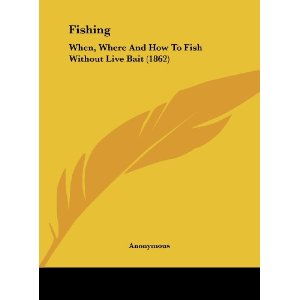Content:
Autumn, with its crisp air and vibrant foliage, is the perfect season for anglers to enjoy the tranquility of fishing. However, mastering the art of autumn fishing requires specific techniques and knowledge. To help beginners and seasoned anglers alike, conducting a live fishing skills class during the autumn season can be a valuable opportunity. In this article, we will discuss how to structure and conduct an effective autumn fishing skills class.
I. Introduction
- Briefly introduce the importance of autumn fishing
- Explain the purpose of the live fishing skills class
- Outline the key points that will be covered in the class
II. Preparing for the Class
- Choose a suitable location for the class
- Select the appropriate date and time
- Ensure that all necessary equipment is available
- Prepare a list of topics to be covered
- Create a schedule for the class
III. Structure of the Class
Welcome and Introduction
- Greet the participants and provide a brief overview of the class
- Introduce the instructor and any guest speakers
Understanding Autumn Fishing

- Discuss the seasonal changes that affect fish behavior
- Explain how water temperature, weather, and feeding patterns change during autumn
- Provide tips on identifying prime fishing spots
Equipment and Techniques
- Review the essential equipment needed for autumn fishing, such as rods, reels, lines, lures, and baits
- Demonstrate various fishing techniques, such as casting, retrieving, and setting the hook
- Share tips on choosing the right lure or bait for autumn fishing
Live Demonstration
- Conduct a live demonstration of the fishing techniques discussed earlier
- Encourage participants to ask questions and provide feedback
- Offer tips on how to adapt techniques to different fishing conditions
Q&A Session
- Allow participants to ask questions and share their experiences
- Address common challenges and provide solutions
- Encourage participants to discuss their fishing goals and challenges
Hands-On Practice
- Divide participants into small groups
- Provide each group with the necessary equipment and guidance
- Allow participants to practice the fishing techniques learned during the class
Closing Remarks
- Recap the key points covered in the class
- Encourage participants to continue practicing and exploring their fishing skills
- Provide resources for further learning and support
IV. Promoting the Live Fishing Skills Class
- Create an engaging and informative promotional video or slideshow
- Utilize social media platforms to reach potential participants
- Partner with local fishing clubs or organizations to promote the class
- Offer incentives, such as discounts on equipment or future classes, to encourage participation
V. Conclusion
Conducting a live fishing skills class during the autumn season can be a rewarding experience for both instructors and participants. By following these guidelines, you can create a valuable learning opportunity that helps anglers improve their skills and enjoy the beauty of autumn fishing. Remember to tailor the class to the needs and interests of your participants, and encourage them to embrace the spirit of the season on the water.












